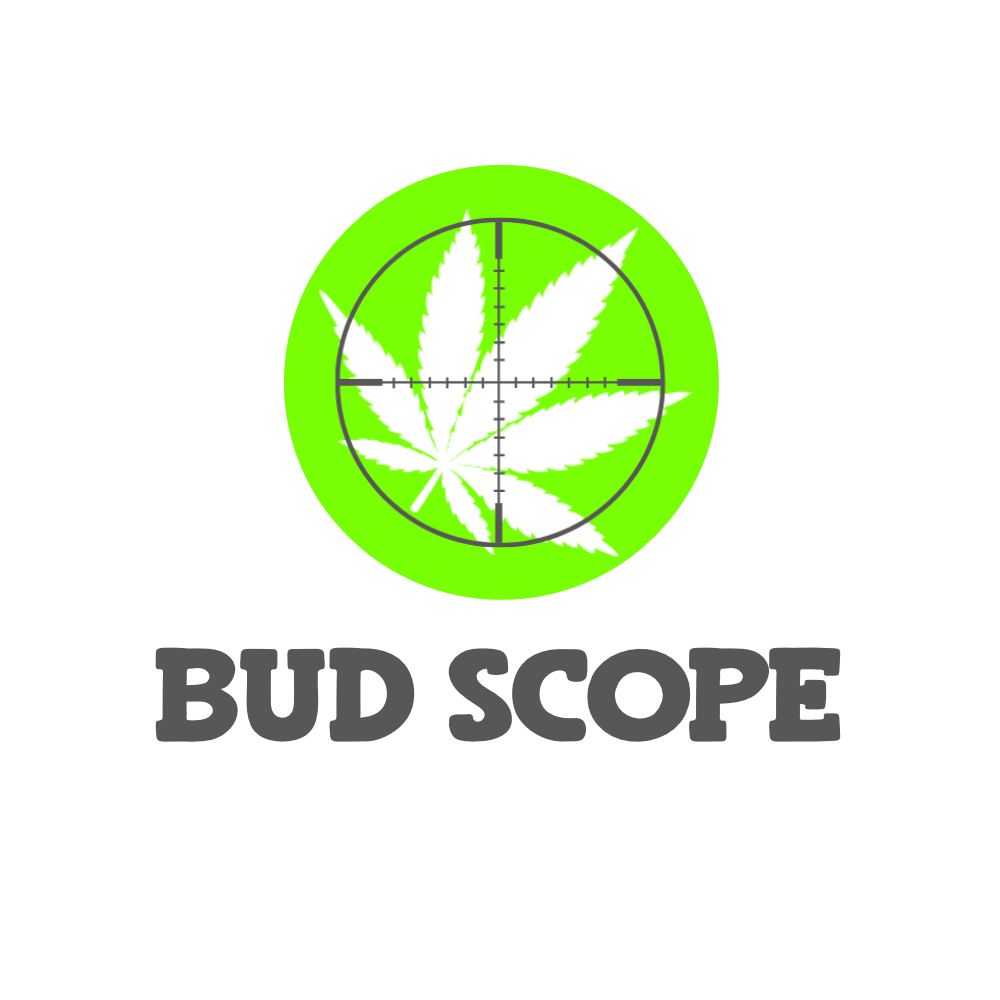Definitions and Perspectives on Substance Abuse
- Substance use viewed from societal and public health perspectives.
- Avoidance of terms like abuse in favor of objective language.
- Recognition of a spectrum of substance use from beneficial to harmful.
- Lack of current medical diagnoses for drug abuse in major diagnostic tools.
- Different perspectives on drug abuse influenced by cultural norms.
Drug Misuse and Public Health Initiatives
- Prescription drug use surpassing illegal drug use in the US.
- Nonmedical prescription drug use among 12th graders second to cannabis.
- Public health initiatives impacting prescription drug misuse rates.
- Decrease in misuse of specific prescription drugs due to interventions.
- Legal classification of drugs into categories based on abuse potential.
Signs, Symptoms, and Impulsivity in Substance Abuse
- Harm rankings and characteristics of different drugs.
- Chronic use leading to tolerance and withdrawal symptoms.
- Impulsivity associated with substance abuse and loss of impulse control.
- Potential hormonal influences on impulse control during adolescence.
- Screening and assessment importance in diagnosing substance use disorders.
Treatment Approaches and Medication for Substance Abuse
- Psychological interventions like behavioral therapy and motivational interviewing.
- Evidence-based interventions to manage withdrawal symptoms and prevent relapse.
- Medications like buprenorphine, naltrexone, and acamprosate for treatment.
- Established treatments like ecological family-based treatment and group CBT.
- Dual diagnosis treatment for individuals with mental health and substance use disorders.
Epidemiology and Heroin-assisted Treatment
- Epidemiological data on drug use initiation and disability-adjusted life years.
- Trends in drug-related deaths globally, including increases in the US and decreases in Switzerland.
- Heroin-assisted treatment programs in England, the Netherlands, and Switzerland.
- Efficacy of HAT programs in reducing drug-related deaths and fatal outcomes in opiate addiction.
- Importance of integrated treatment for individuals with dual diagnosis.
Substance abuse Data Sources
| Reference | URL |
|---|---|
| Glossary | https:/glossary/substance-abuse |
| Wikipedia | https://en.wikipedia.org/wiki/Substance_abuse |
| Wikidata | https://www.wikidata.org/wiki/Q3184856 |
| Knowledge Graph | https://www.google.com/search?kgmid=/m/0p_cr |
| DBPedia | http://dbpedia.org/resource/Substance_abuse |
| Product Ontology | http://www.productontology.org/id/Substance_abuse |
